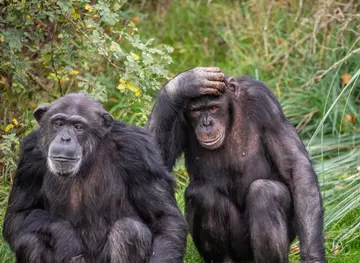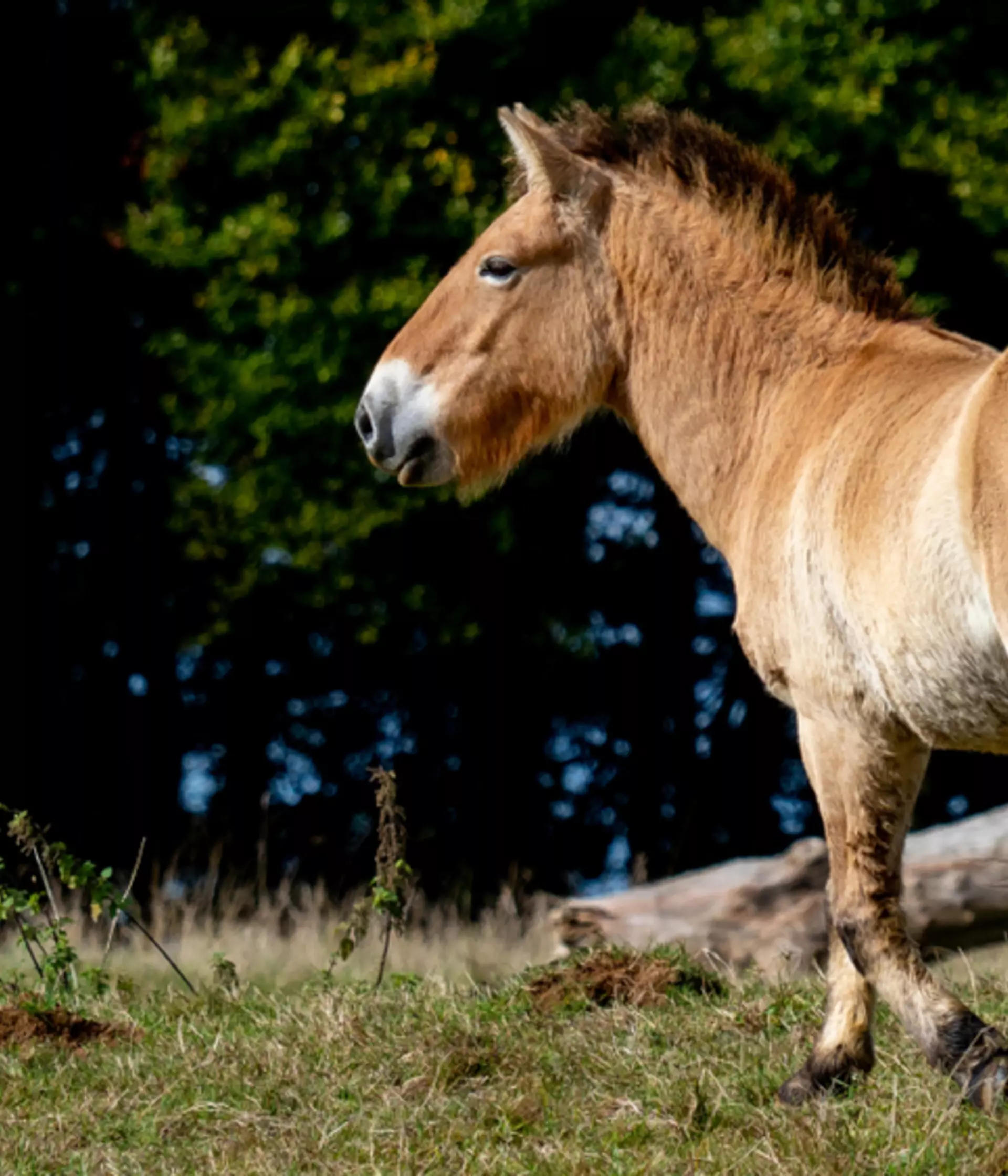
In Study Day, students find out about the way that science is practiced within the Zoological Society of London. The study day allows your students to delve deeper into the scientific questions of your choice. Choose from six of the sessions that suits your needs the most. In each study day, the students will meet a scientist who works on conservation projects, allowing them to ask questions about the work and the applications of this work to conservation.

Key Stage: Post-16
Duration: 2 x 50 minute sessions
Capacity: 35 students
National Curriculum / Specification Links (from September 2015):
Dependent on sessions booked as part of study day.
Please see:
-
Role of modern zoo;
-
Conservation projects;
-
Classification – Hippo Case Study;
-
Animal behaviour – chimpanzee case study;
-
Zoo ethics;
- Giraffe behaviour study.
Intended Learning Outcomes:
Dependent on sessions booked as part of study day.
Please see:
-
Role of modern zoo;
-
Conservation projects;
-
Classification – Hippo Case Study;
-
Animal behaviour – chimpanzee case study;
-
Zoo ethics;
- Giraffe behaviour study.
For this session
Before your visit:
- Ask the students to prepare a list of questions to bring to the session to ask the speaker, or to ask members of staff that they encounter around the Zoo.
- Ask students to plan a route to take around the Zoo that allows them to see the animals and exhibits that they would like to focus their report on.
While at the Zoo:
- Make a list of all the different types of people working in the Zoo (ask staff for their job titles). Decide which people would use conservation science in their work.
- Observe Zookeepers at work in the animal enclosures. Record the number of different types of activity they are involved in, e.g. cleaning, feeding, maintenance. Think about how this activity relates to the science learned in school.
- Look at the social groupings of animals in the Zoo. Consider how zoo staff manage the breeding of animals. Think about how they identify individuals, know their sex and recognise when animals are pregnant.
- Use Cheetah Rock exhibit to find out about some of the people involved in the protection and conservation of an endangered species like the cheetah.
Post-visit resources:
- Students may want to visit the science (www.zsl.org/science) and conservation (www.zsl.org/conservation) pages of the ZSL website to find out more about science in action and conservation work that ZSL is involved in.
- They may also want to visit the ZSL library in order to access books and journals about their topic. For more information please see www.zsl.org/about-us/library.
